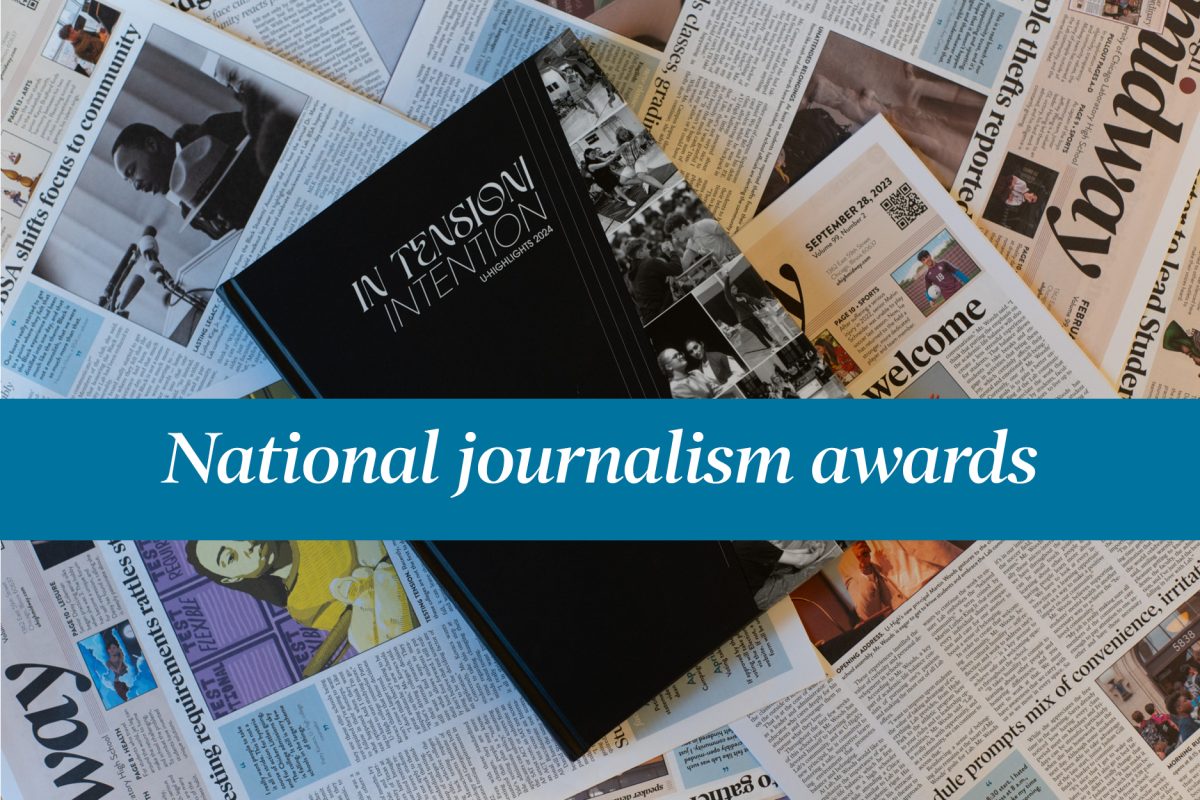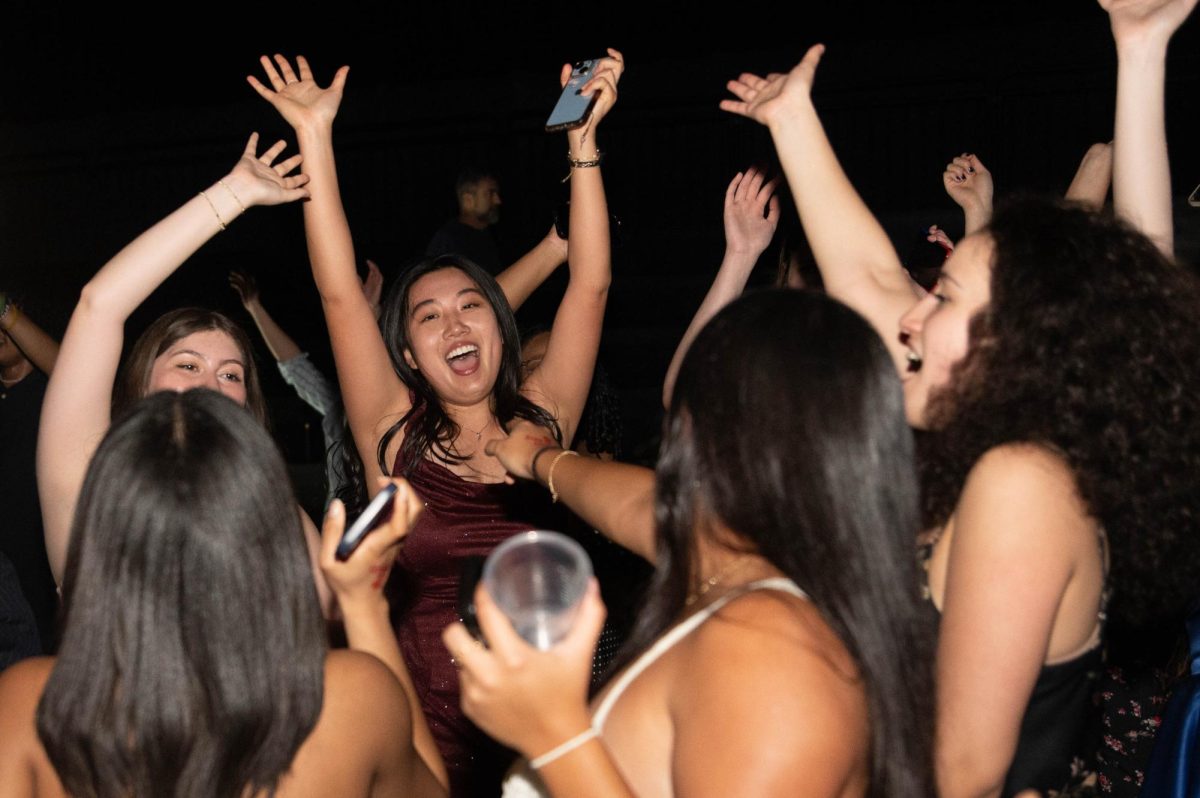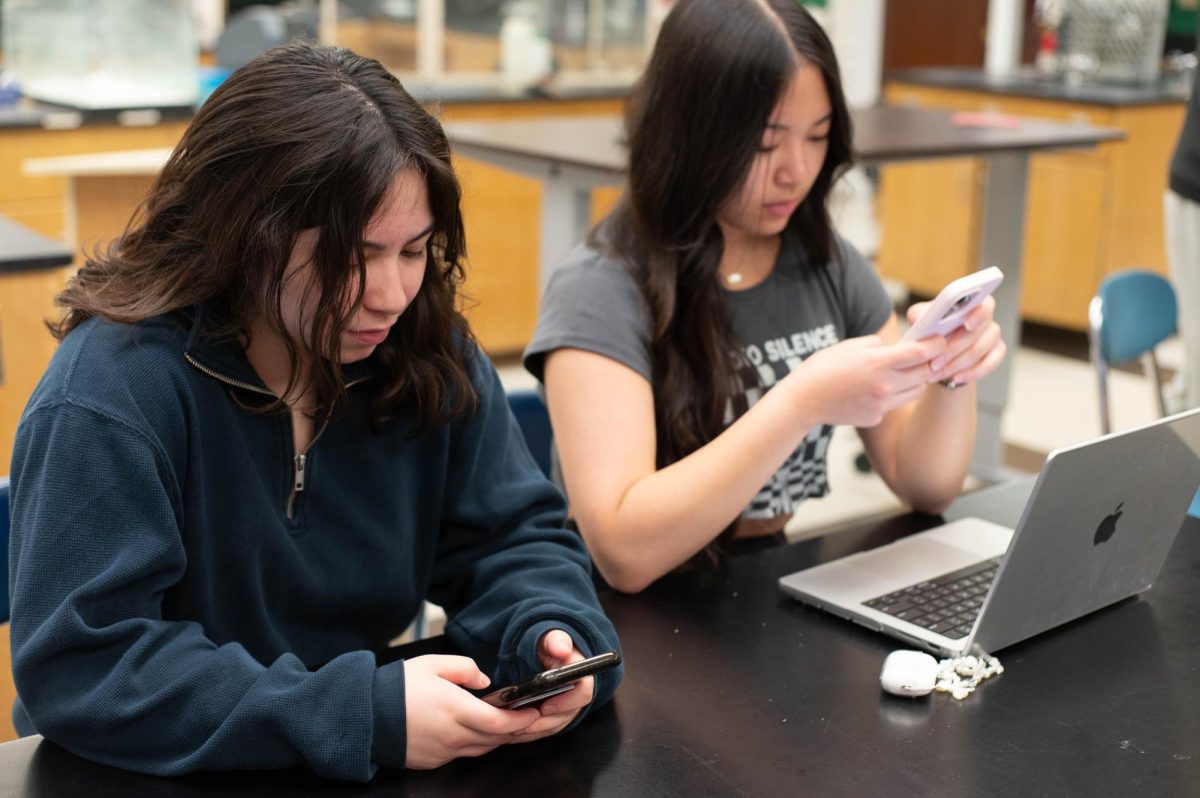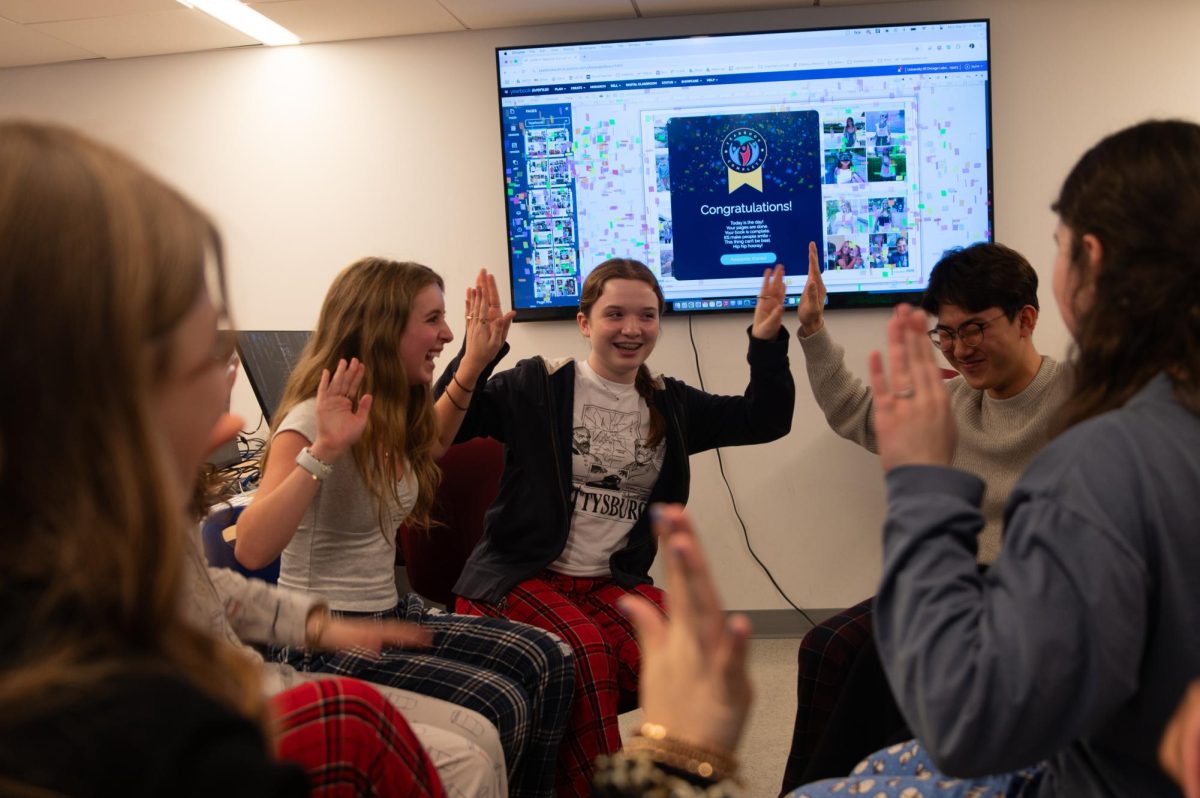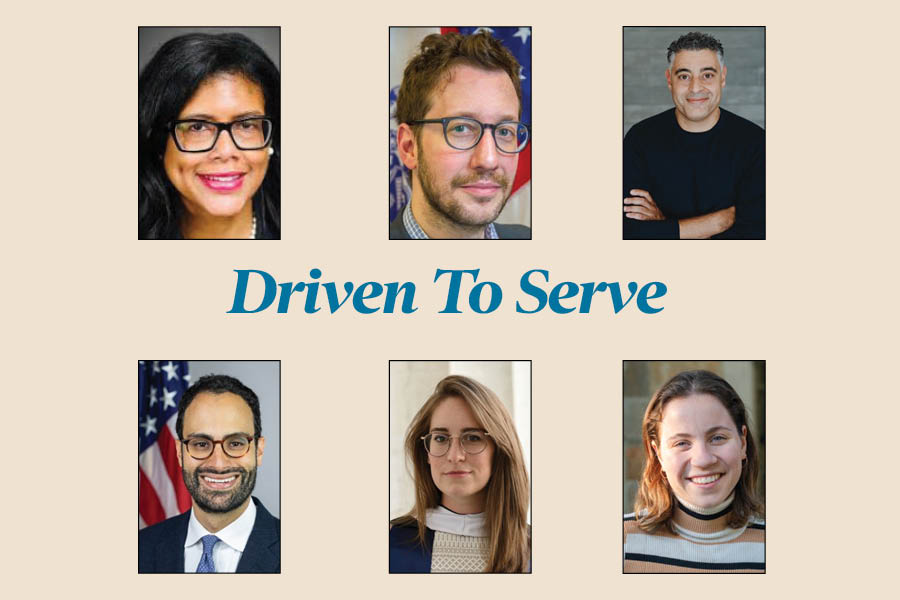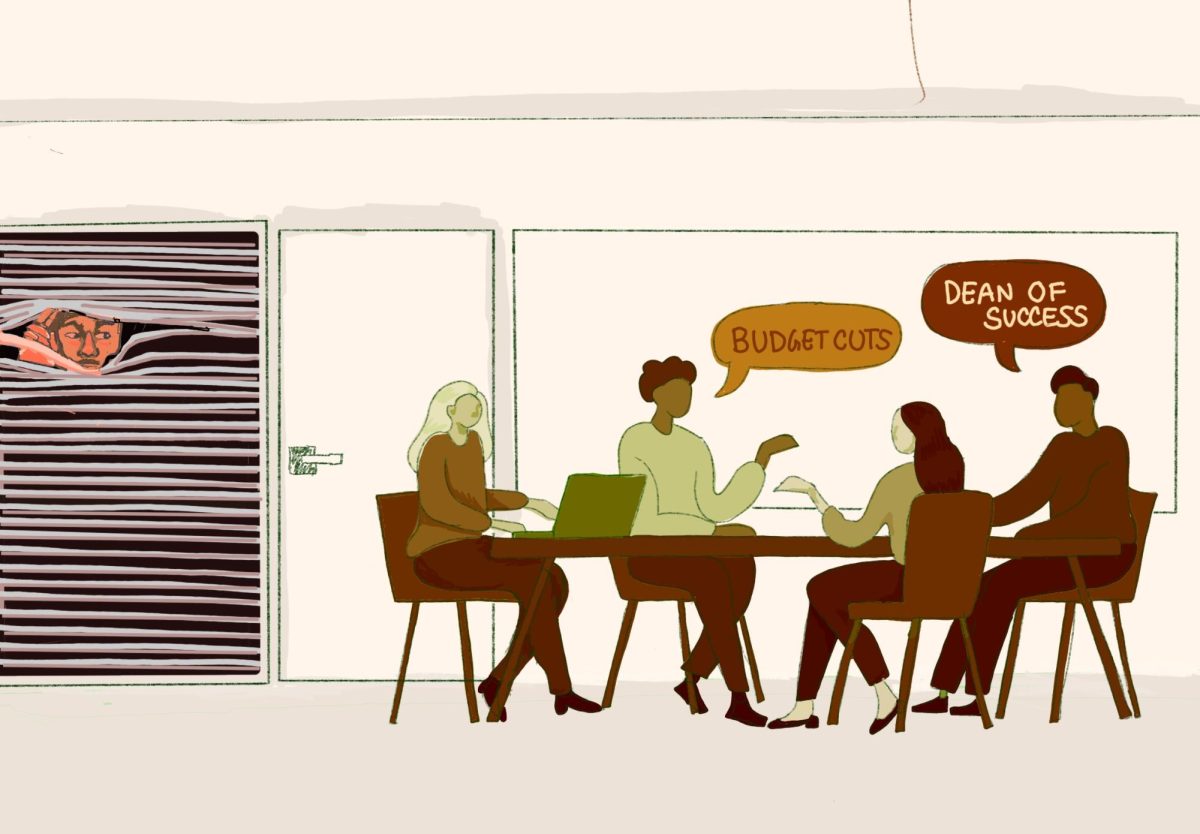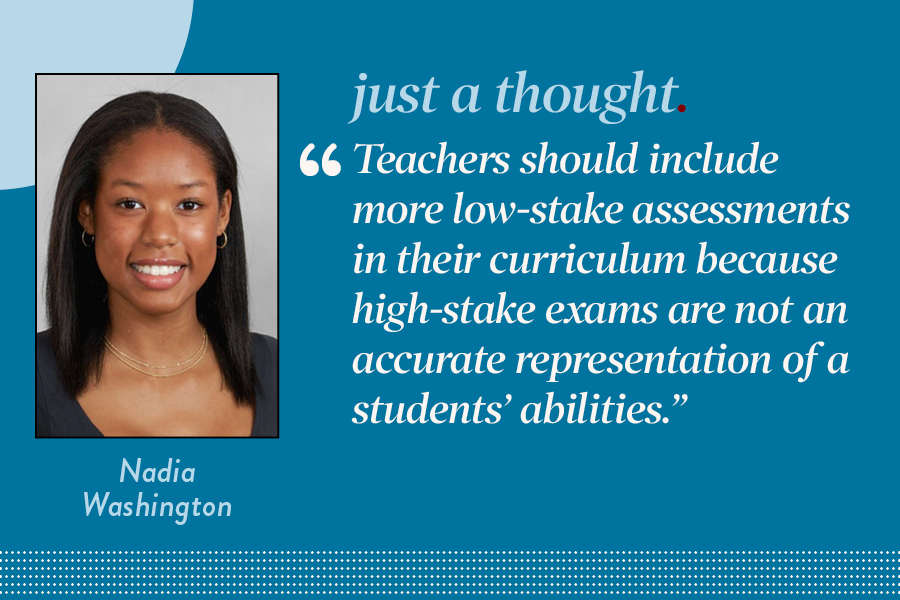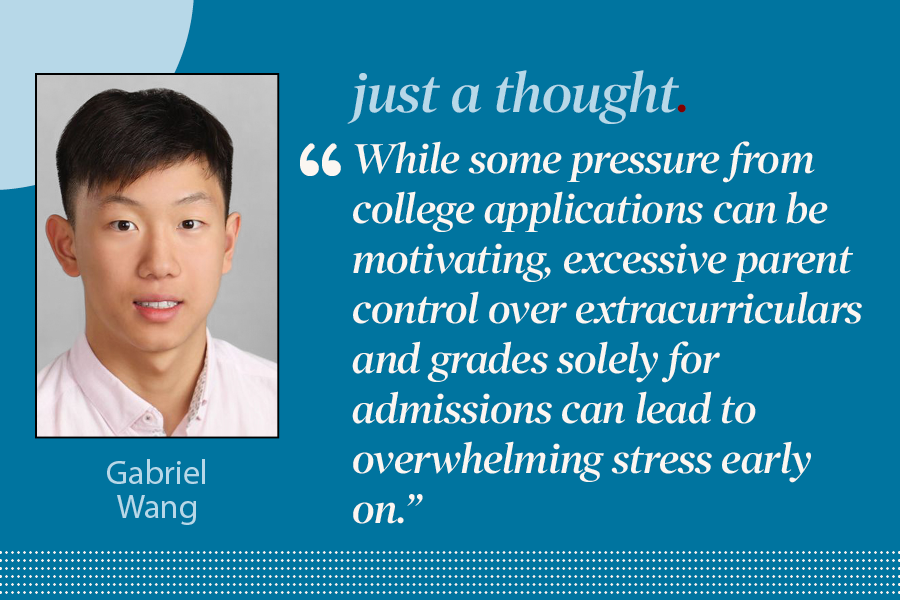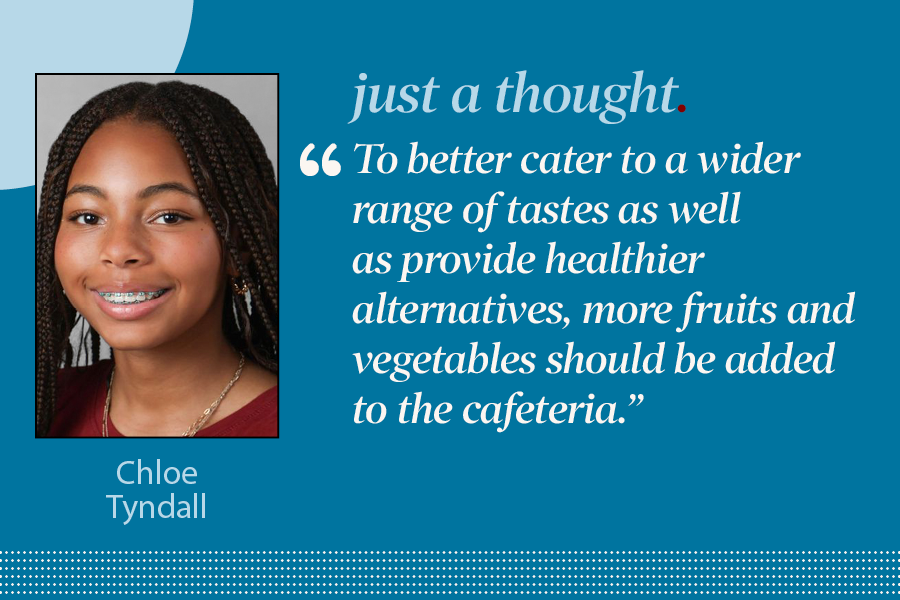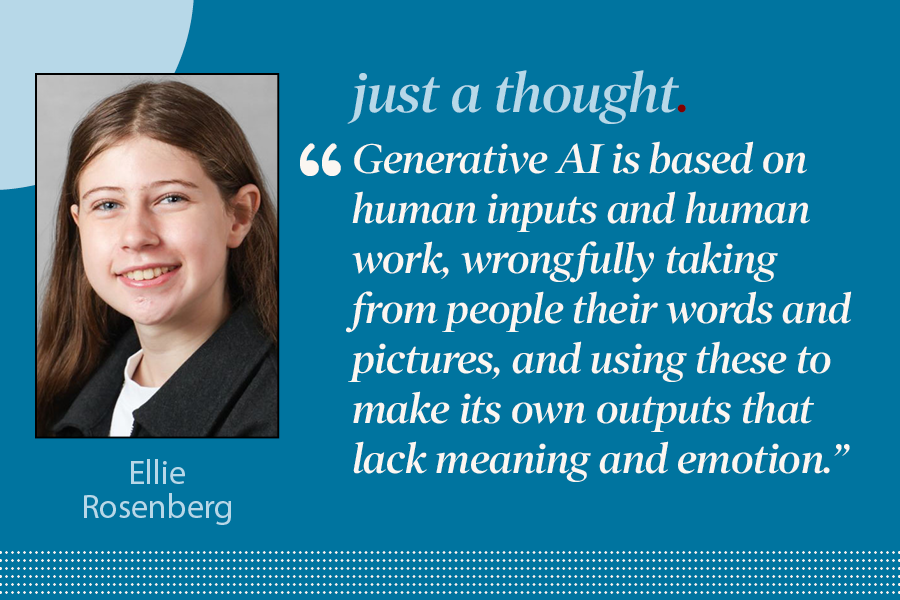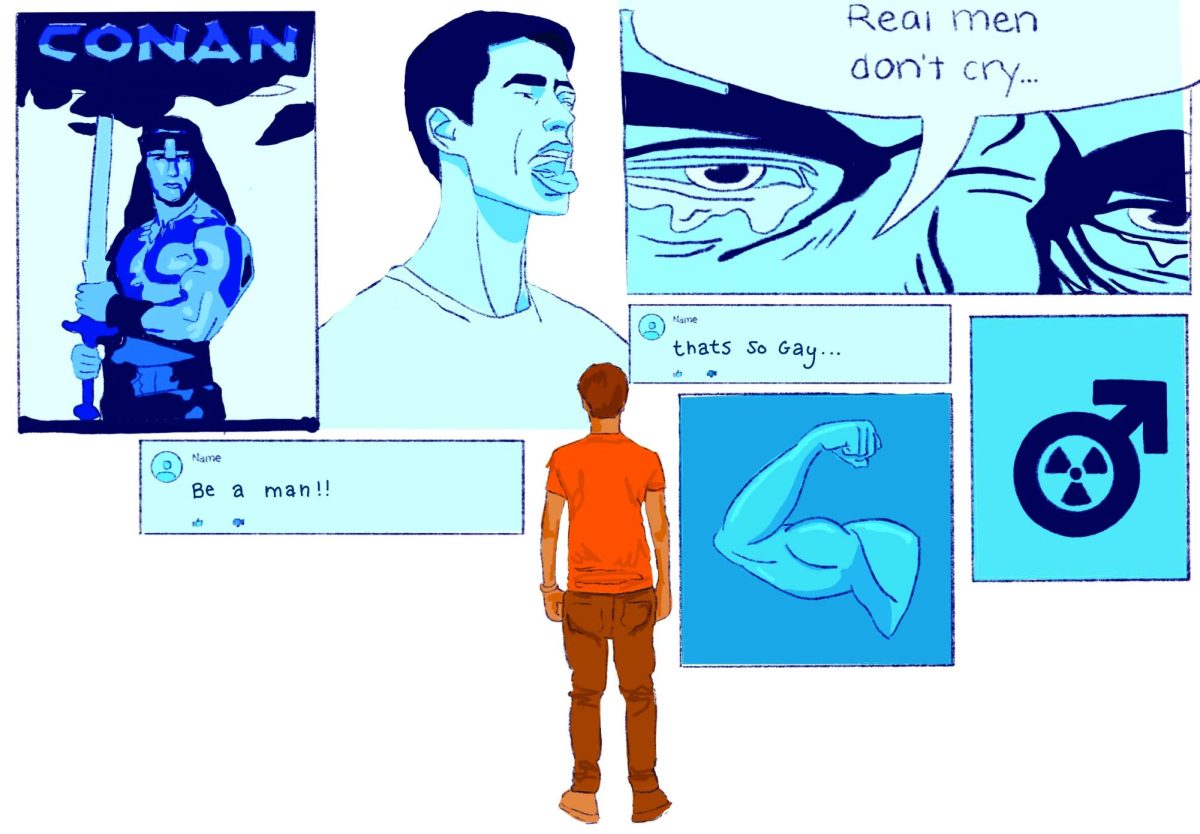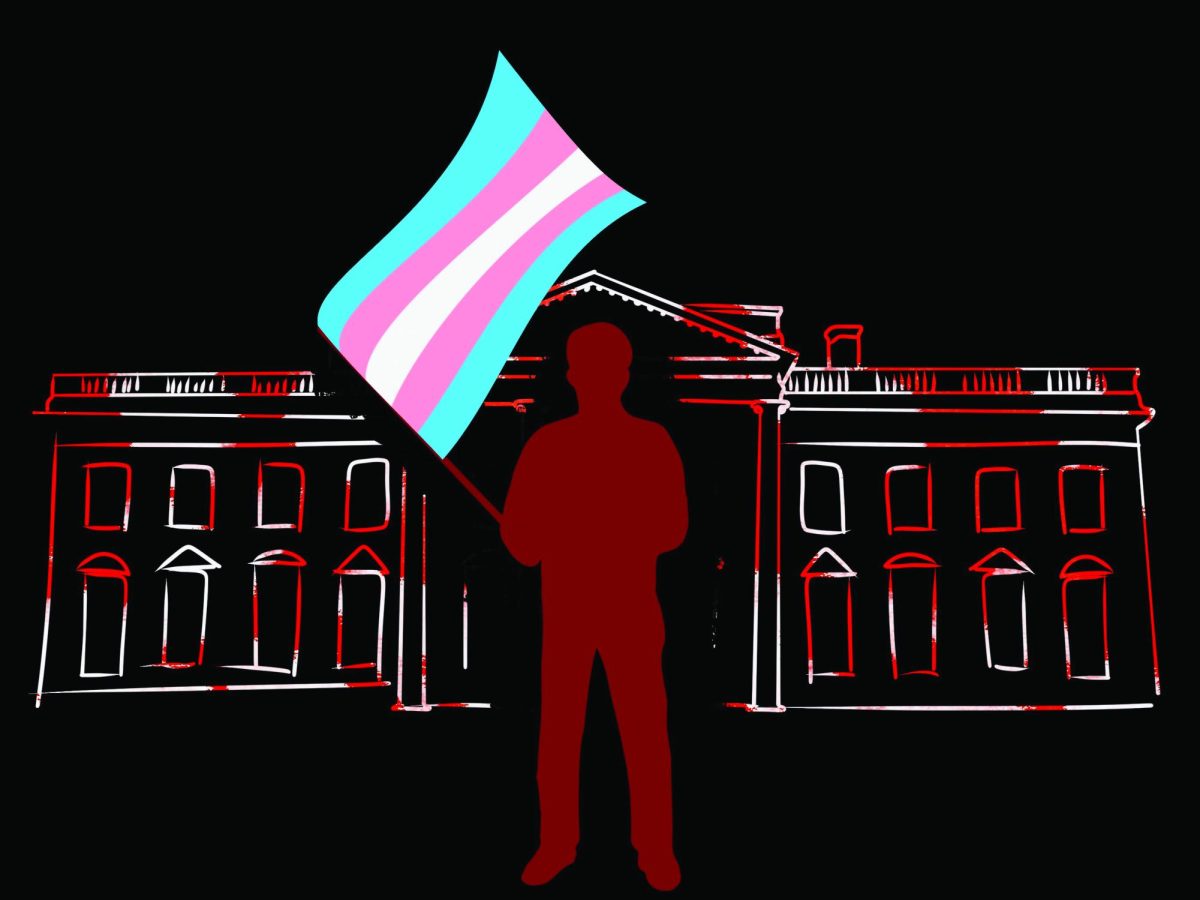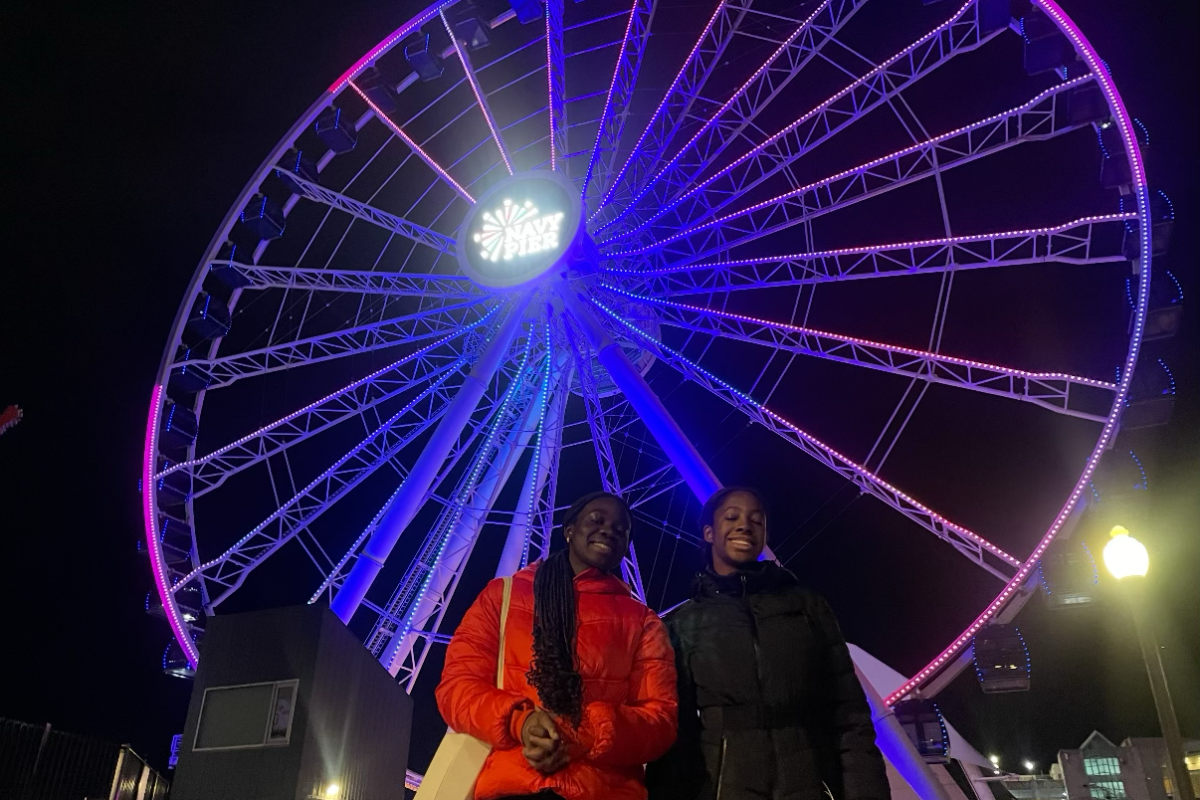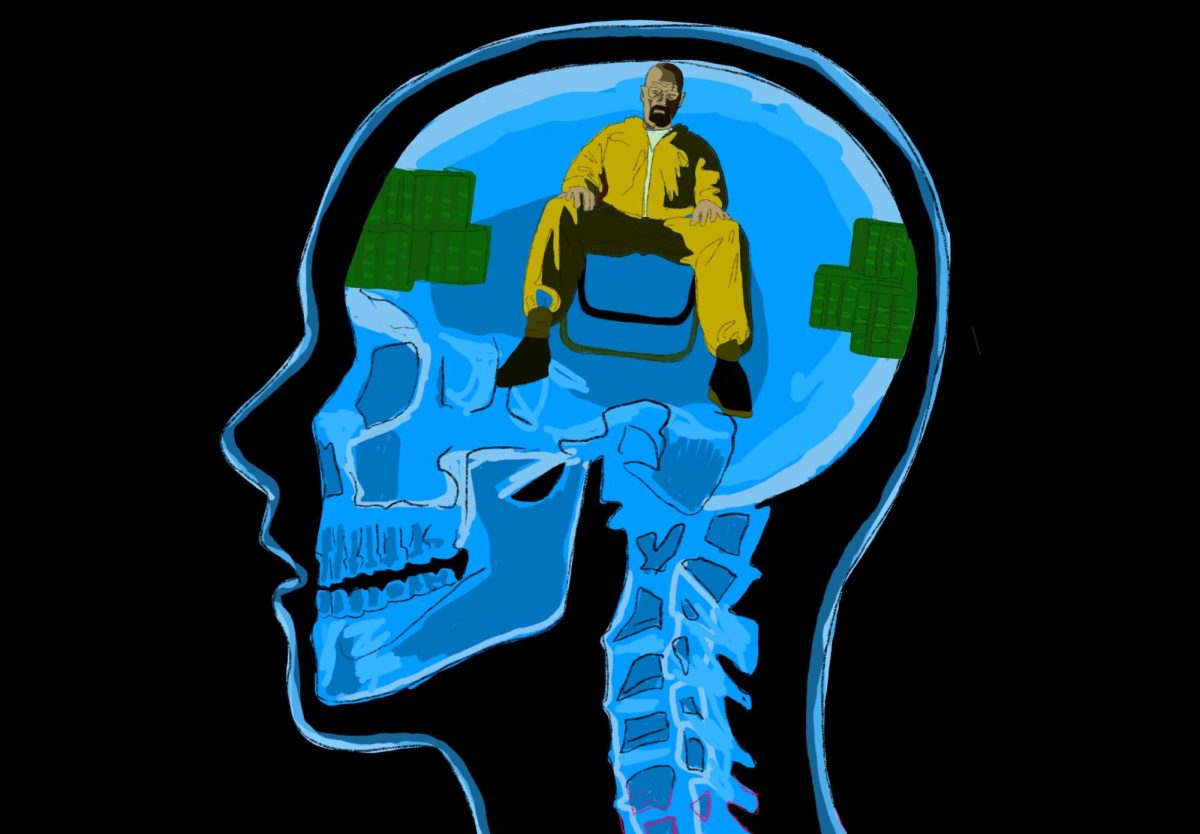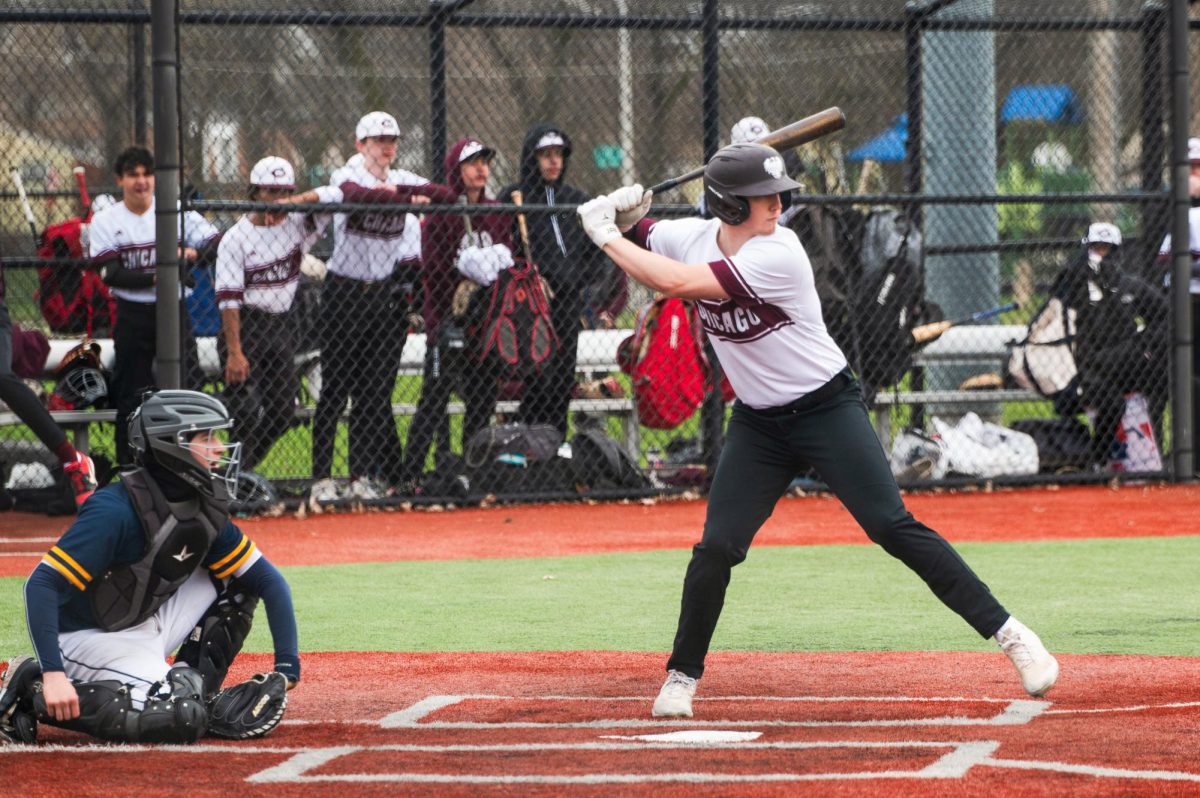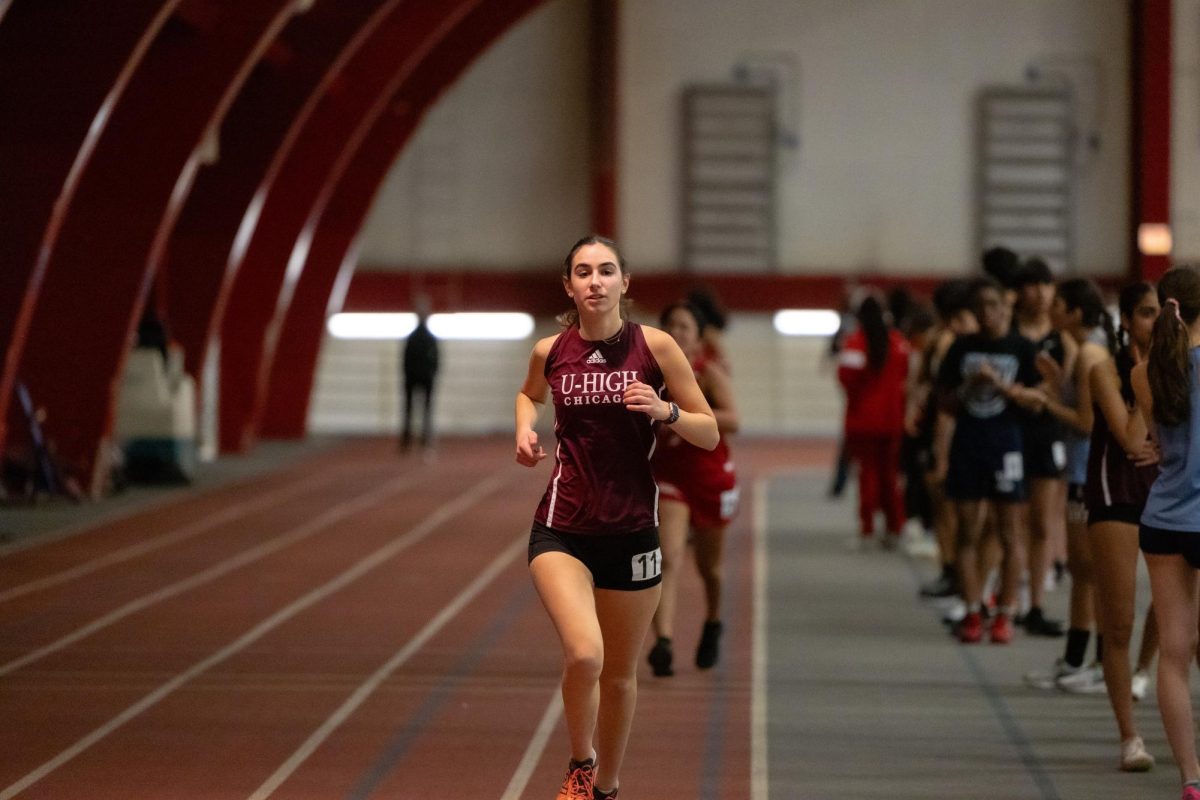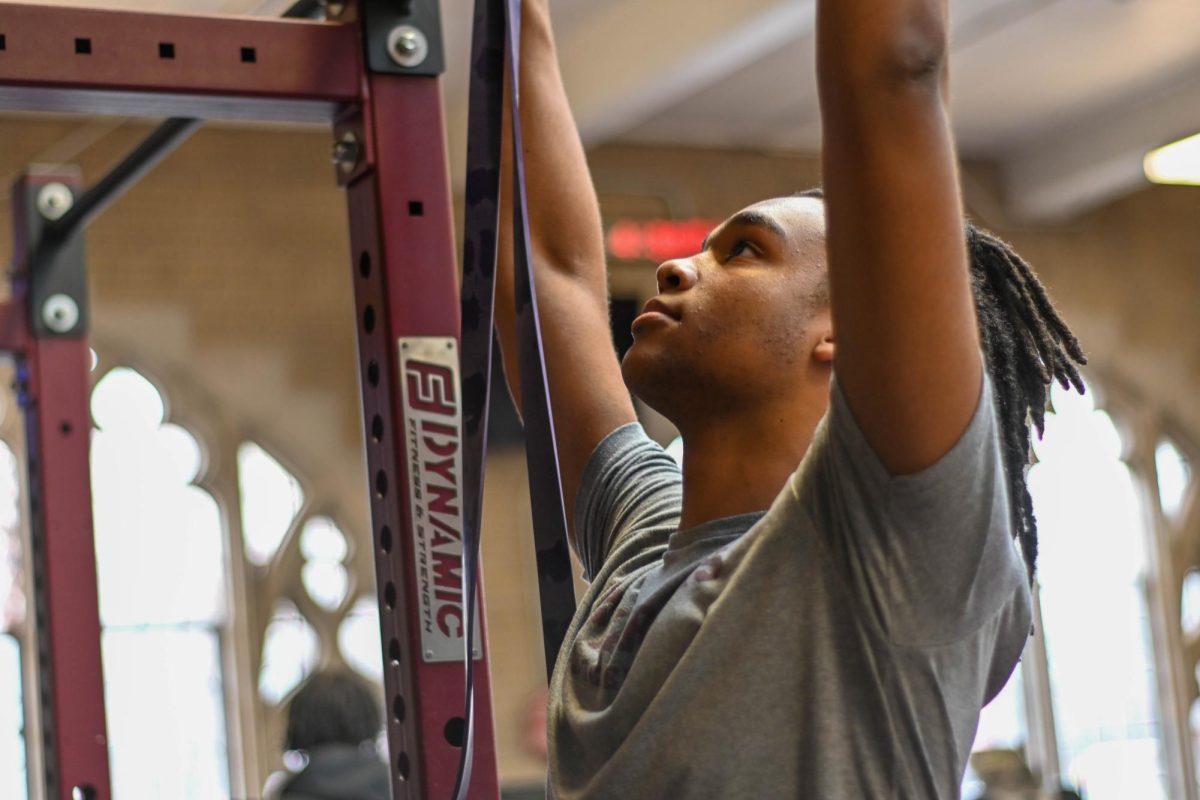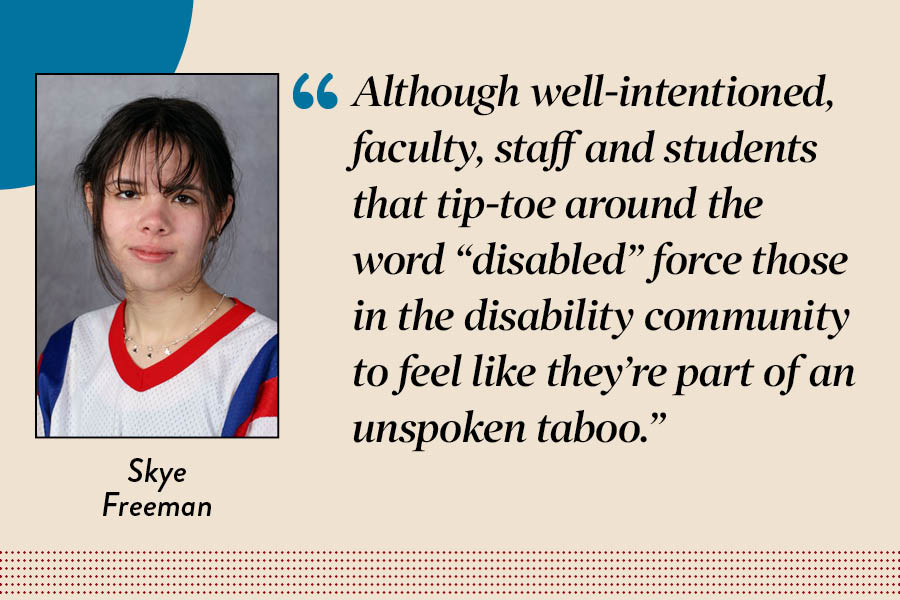When I was first diagnosed with ADHD in 2019, everything made sense. With my attention and memory constantly dwindling, I felt proud to put a name to what I’d been told was “wrong with me.”
Yet, my comfort disappeared with the start of high school, when the emphasis on academics and extracurriculars heightened, and it felt like every student was competing with each other. Pressure to reach perfection was soon coupled with endless DEI assemblies that seemed to patronize and undermine disabilities, and soon I felt ashamed to mention my ADHD and my accommodations for fear that I would be judged.
Although well-intentioned, faculty, staff and students that tip-toe around the word “disabled” force those in the disability community to feel like they’re part of an unspoken taboo. Phrases such as special needs, differently-abled, challenged or handicapped come off as patronizing. Thus, the use of “disabled” is encouraged by many in the disability community and should be implemented at Lab.
In 2016, the #SayTheWord movement, started by disability activist Lawrence Carter-Long, encouraged the use of the word “disability,” rather than condescending terms created by well-meaning yet uninformed nondisabled individuals. Despite the movement’s popularity, insensitive language is still used.
Just walking through the halls, one may hear students use words such as “moron,” “challenged” and “stupid” to offend or poke fun at each other. These terms have been used to bring down those with intellectual and developmental disabilities, and when weaponized against a person to criticize how they may look or act is harmful.
While such terms may be used jokingly or without ill intentions, putting in the effort to minimize their usage helps eliminate such a normalized stigma. Yet, we should acknowledge that offensive language and how replacing the word “disability” with euphemisms only feels backhanded.
Much like the #SayTheWord movement, #NothingAboutUsWithoutUs is a slogan that disability activists have used since the 1990s when it was adopted by many other interest groups. It stresses that conversations about marginalized groups should be had with them and their members. Even at Lab, discussions about how to address disabilities, such as how they’re presented in assemblies or DEI workshops, are done without the voices of disabled students in the room. Such perspectives should be taken more seriously, as they can shed light on topics that nondisabled administrators may not understand, no matter their expertise.
Students, faculty and staff should work to de-stigmatize the word “disability” by using healthier language, inviting perspectives from those in the disabled community to the table, and highlighting the importance of using non demeaning language when referring to the disabled community.

